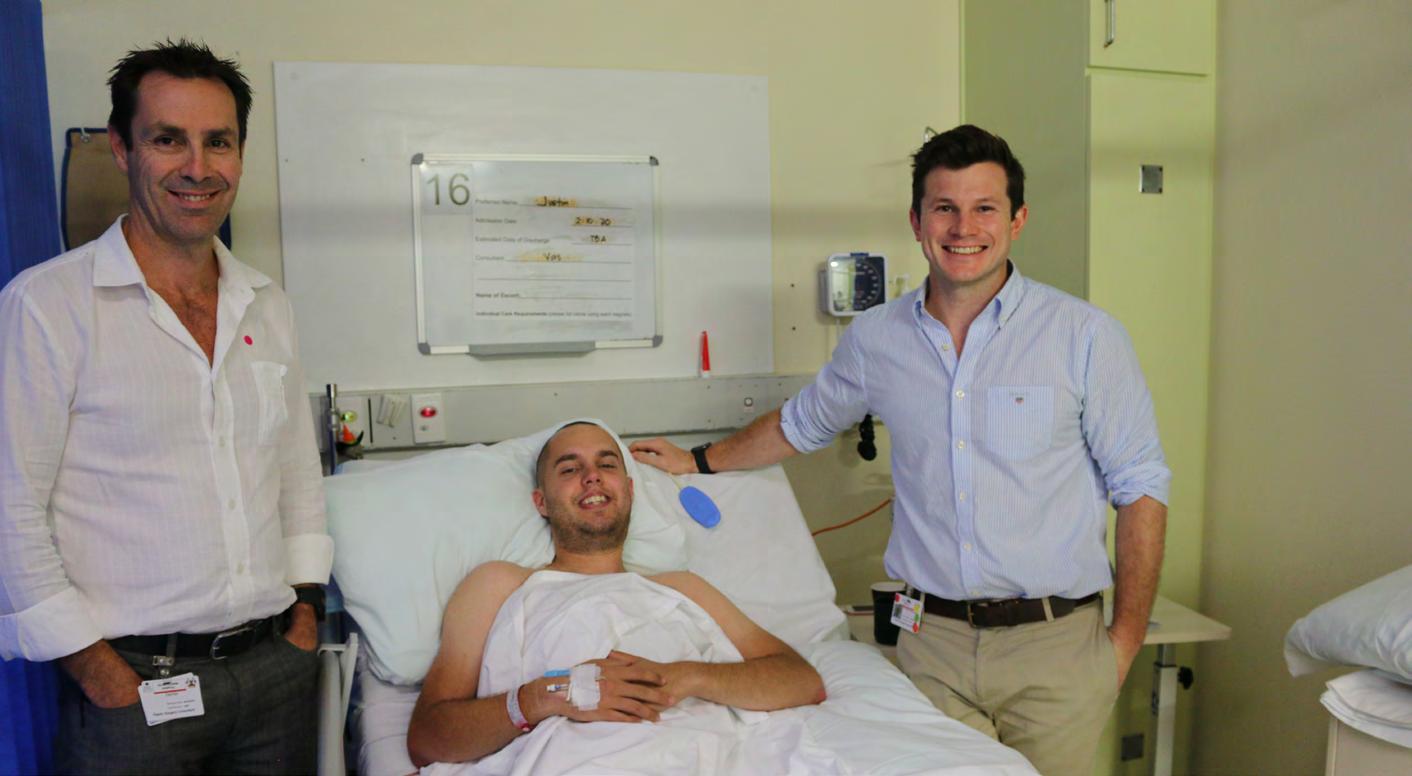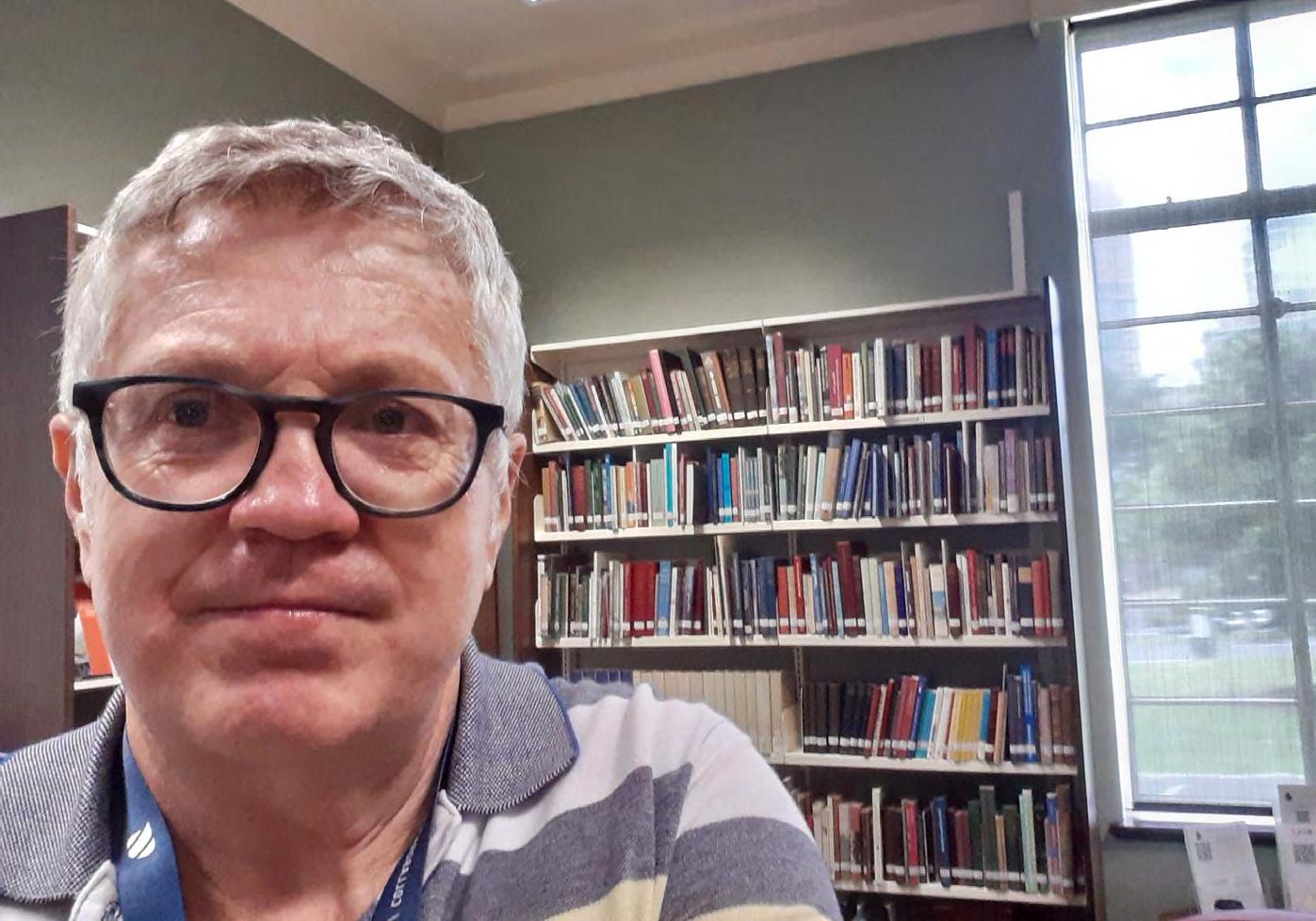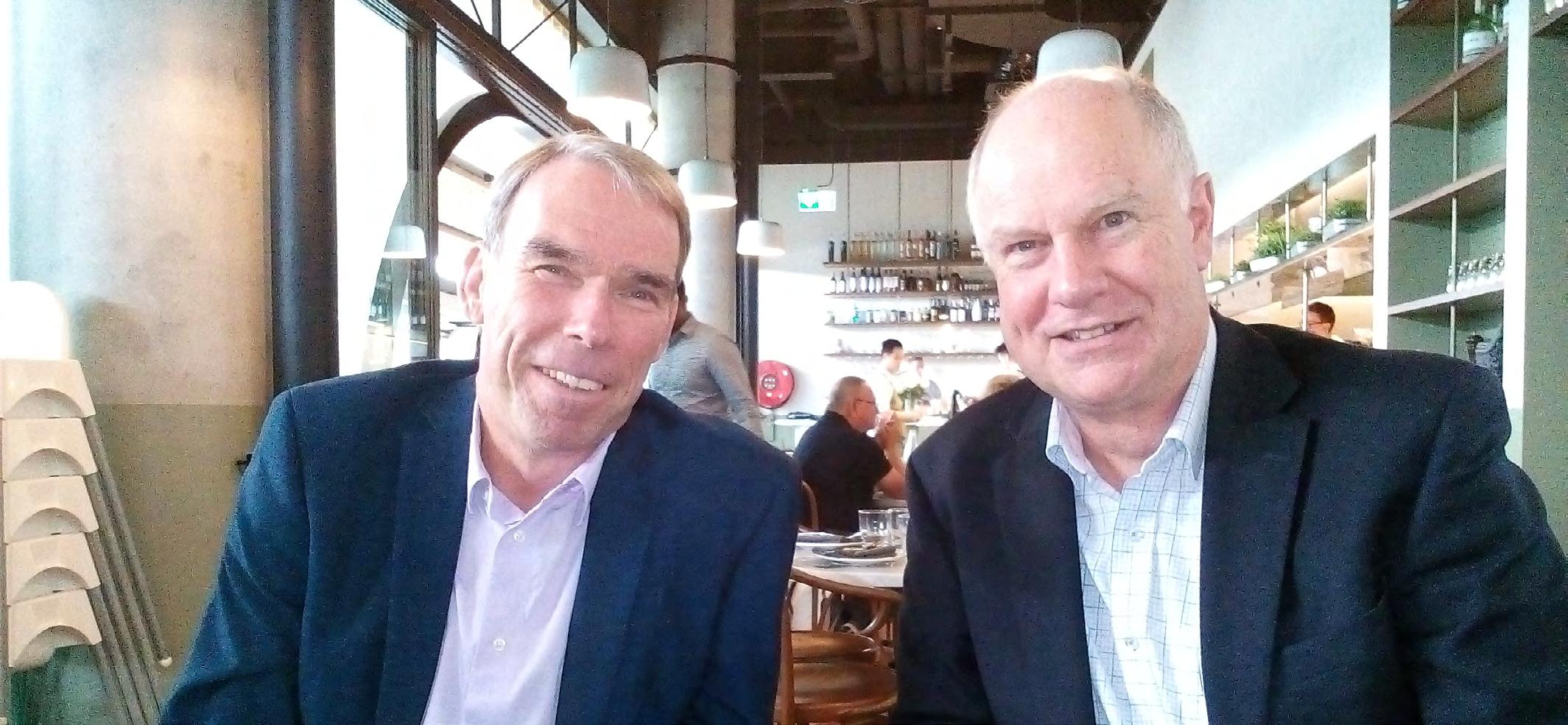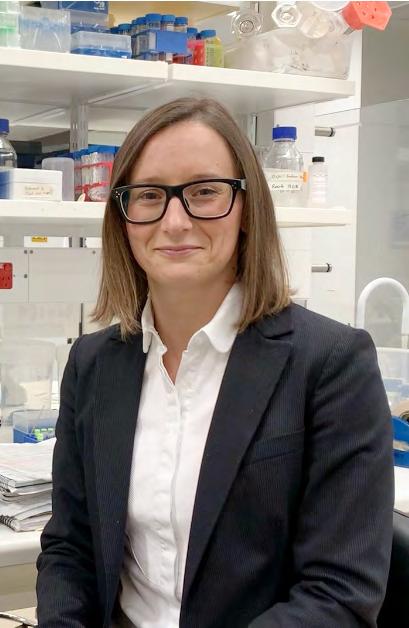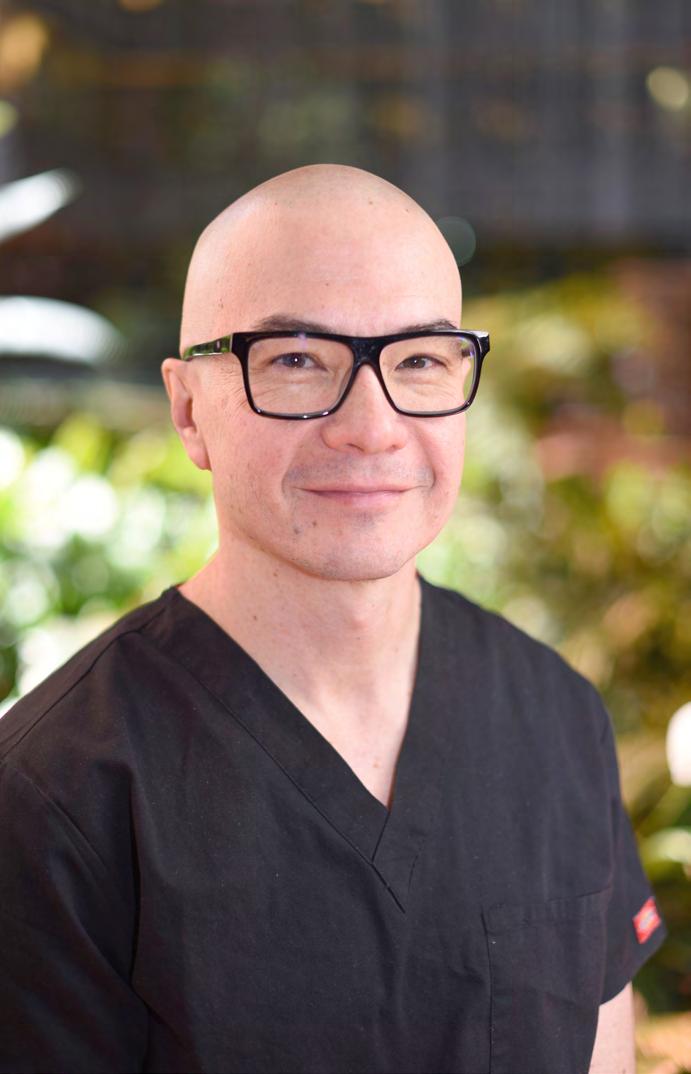
5 minute read
President’s perspective
As we come to the end of this very long year I think it is important to acknowledge the challenges that have been thrown at us in 2020, and the efforts of so many people who have helped us to deal with them. The year 2019 ended in tragic circumstances with the Whakaari/White Island volcanic eruption in New Zealand and then we had devastating bushfires that raged across large parts of Australia and carried on well into 2020. As I have said previously, these tragedies often bring communities together and I was so proud to see the surgical community contributing to this effort by caring selflessly for the many injured in both countries. The small group of burn surgeons and their well-trained teams in both Australia and New Zealand were assisted by many others and did an unbelievable job. The Australian and New Zealand Burn Association must be congratulated on their excellent Emergency Management of Severe Burns Course, which has trained so many to be prepared. In regard to the bushfires, the Royal Australasian College of Surgeons (RACS) made two submissions to the Royal Commission tasked with examining this disaster. Professor David Fletcher, Chair of RACS’ newly formed Environmental Sustainability in Surgical Practice Working Group, was asked to participate in a videoconference consultation where he discussed our submission. The final report from the Royal Commission was released on 30 October 2020, and provided 80 recommendations covering a range of different areas. I was pleased to see that the College’s submission was referenced in the report. Several of the issues we raised were addressed in the recommendations. Part of the responsibility of the Royal Commission was to examine our preparedness for any natural disasters
and to guide future emergency responses. I hope the recommendations will lead to targeted improvements and meaningful insights and learnings about how we can best prepare and respond when the next natural disaster occurs. Thank you to everyone who was involved in preparing RACS’ submission. As the state of emergency escalated in Australia, news of the outbreak of COVID-19 first began to filter through. At that stage no one quite comprehended what this would mean for our two countries and the rest of the world, but within weeks the urgency of the situation was clearly apparent. From the outset of the pandemic, our priority was the health and safety of our Fellows, Trainees, Specialist International Medical Graduates (SIMGs) and staff. We followed a set of overarching principles to guide our decision-making. We agreed that we would act in the best interests of patient care and the community, and in consultation with our stakeholders and the healthcare systems in which we work. We wanted to make sure that we acted consistently, transparently and fairly across all our training and educational programs. While these actions were necessary, I know that they were also terribly disruptive for many. I empathise with those who were impacted, particularly our Trainees and those whose livelihoods were affected. I would like to extend my gratitude to everyone for your understanding and support. The work performed and support shown by the specialty societies, the New Zealand National Board, and state and territory committees have allowed RACS to be seen as ‘One College’ and our views appreciated and actively sought by the national and state governments. Despite the challenges, I was delighted that we were still able to deliver the Fellowship Examination. Holding an exam in over 50 venues in five different time zones for 290 candidates involving 250 examiners is an extraordinary achievement that most colleges would not contemplate attempting. Thank you to everyone who made this possible: our examiners, specialty societies, staff throughout Australia and New Zealand, and, most importantly, thank you to our candidates for their patience. Earlier in the year, it looked highly unlikely that these examinations would go ahead, and it is a credit to so many that they were delivered successfully. While much of our advocacy efforts in 2020 have focused on navigating our way through COVID-19, we have not lost sight of our other priorities. We continued to advocate strongly in areas such as road trauma and rural health, among others. Another issue that emerged with greater prominence due to COVID-19 was telehealth. In Australia, the College was a strong supporter of the temporary telehealth Medicare Benefits Schedule item numbers and has been writing to, and speaking with, the office of the Australian Federal Minister for Health and the Commonwealth Department of Health to advocate for their extension until March 2021. We have been advised that over the next few months the Australian Government will be looking at the future of telehealth and we plan to continue to engage, and advocate strongly for a long-term role for telehealth in our health system. COVID-19 and the Black Lives Matter protests shone a spotlight on health issues and racial injustice around the world. There has also been an increase in domestic violence, child abuse and health inequalities, which have been highlighted during the pandemic. As the virus took hold in the United States and the United Kingdom, health authorities quickly noticed that people from racial and ethnic minorities were at increased risk of getting COVID-19 and experiencing severe illness. This is partly due to higher rates of existing health conditions such as heart and lung diseases, which are strongly associated with more severe outcomes from COVID-19. Similar risk factors also put Māori and Indigenous Australians at high risk. Post-pandemic, we must learn from these experiences and review how we do everything, rather than going back to the old ways. On a bi-national level we need to continue advocating for our position on changes to health governance and care, including telehealth, as well as maintaining our work on health equity. At RACS we may have to rethink the need to hold all meetings in person in Melbourne, the future format of exams and courses, the format for the Annual Scientific Congress and how and where staff work in the future, especially as we plan to redevelop the Spring Street building in Melbourne. It has been a year of grief and many hard decisions have been made, but it has also been a year that has made us reflect on what we can do better as surgeons and as a society. At the time of publishing this article, the situation in Australia and New Zealand is improving but others around the world are very much in the grip of the pandemic. I have communicated with the colleges in India, United States, Sri Lanka, Edinburgh, England and Ireland passing on our best wishes and support. While none of us can predict what 2021 will bring, we hope that we will continue to foster the spirit of resilience and camaraderie that has seen us through 2020.
Advertisement
Mr Tony Sparnon President
COVID-19 financial impact We are acutely aware of the importance of supporting our members who may be experiencing financial difficulty due to the significant impacts of COVID-19. Please keep an eye out for further advice on annual fee reduction options available to our members for the forthcoming 2021 subscription year.


